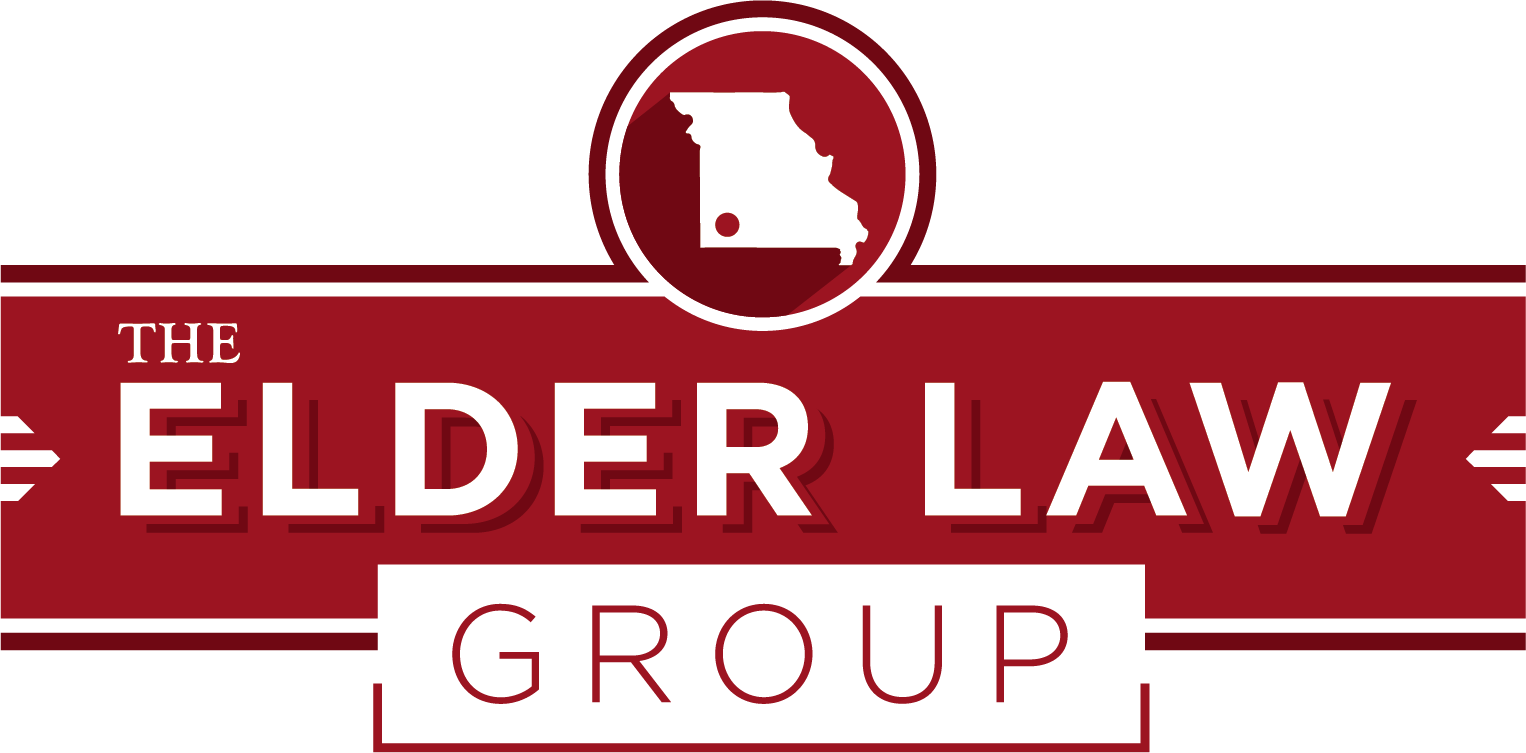Guardianship Attorney in Springfield, MO
What is Guardianship and Conservatorship? How do you know if you need one for a loved one?
When a person is incapacitated and unable to make informed decisions for himself or herself, whether those decisions involve health care or finances, someone else needs authority from the Probate Court to assume responsibility for that person’s affairs.
A Guardian and/or Conservator can be appointed for a person who needs assistance making decisions, such as: an older person, a person with disabilities, or a person who is temporarily incapacitated.
The need for a legal guardian or conservator.
A guardianship and conservatorship is a proceeding to appoint someone to act on behalf of an individual who is incapacitated. The need for the appointment of a Guardian and/or Conservator may arise if a family member is unable to make or communicate decisions. A guardianship may be necessary when an individual has a mental health issue which affects his or her ability to make decisions and/or communicate, a person has suffered a serious injury, or when a person is seriously ill.
The appointment of a Guardian and Conservator is sometimes necessary to prevent the exploitation or abuse of a vulnerable person, or to recover assets wrongly taken from the vulnerable person. Persons who are vulnerable due to a disability, age, or medical condition may become susceptible to fraud or undue influence, leaving them vulnerable to scam artists or identity thieves. Guardianship and/or conservatorship provides protection and care for adults with dementia, mental illness or other mental impairments.
The legal proceeding to appoint a Guardian and/or Conservator typically takes place in Probate Court. A Guardian and/or Conservator is appointed only after the Probate Court determines the individual is incapacitated and can no longer make or communicate safe or sound decisions about his or her health and/or assets. The Probate Court makes this determination following court proceedings, including a petition and a hearing. If the Court determines the individual is incapacitated, the Court will determine who to appoint as the guardian and/or conservator to make decisions for the individual.
The court may appoint both a Guardian and Conservator. Some key terms used in a Guardianship and Conservatorship include:
Guardianship concerns the person – where he/she lives, medical decisions, and with whom he/she associates.
Conservatorship concerns the assets and finances of the person.
A Ward is an incapacitated person under a guardianship
A Protectee is an incapacitated person under a conservatorship
Guardianship and/or Conservatorship, when properly used, are both beneficial methods of protecting an incapacitated person for whom no other means are available to assist with making informed decisions. A Guardian and/or Conservator has authority to act on behalf of the individual, and has a fiduciary duty to act in the best interest of the individual. The Guardian and Conservator must meet reporting requirements, which permit the Probate Court to maintain supervision over the Guardian and Conservator. The continuing involvement of the Probate Court provides added protection for the ward/protectee and those interested in the ward/protectee’s welfare.
How can an attorney help?
Guardianship and conservatorship may be necessary if estate planning documents, such as powers of attorney, have not been prepared by your family member or loved one in advance. If you know a family member or friend who needs the assistance of a Guardian and/or Conservator, you should contact a probate attorney who is familiar with this area of Missouri law so that the correct documents can be prepared and filed with the appropriate Probate Court.
An attorney knowledgeable about guardianship and conservatorship will be able to advise you of potential suitable alternatives for assisting the person needing assistance, such as durable powers of attorney, appointment of a health care surrogate, and living trusts. Some planning options may be available for your family member or loved one, even if you believe they need assistance with making some decisions. An elder law attorney well-versed in probate law and guardianship matters should be contacted to discuss these options.
The right guardianship and/or conservatorship attorney can make a significant difference in protecting your loved one and his or her assets. Our elder law attorneys understand how to use Missouri’s probate law to help your situation.



